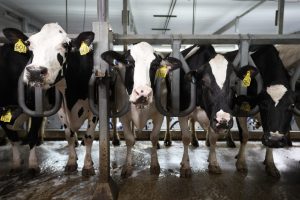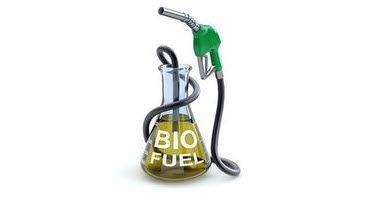
New EPA targets for renewable fuels garner strong support from agriculture, promising a boost for rural economies and energy independence.
The Environmental Protection Agency (EPA) has unveiled its proposed biofuel blending volumes for 2026 and 2027 under the Renewable Fuel Standard (RFS), a move that has quickly garnered robust support from key leaders across the agriculture and biofuel industries. These new targets include a significant 15 billion gallons for conventional biofuels and a substantial 5.61 billion gallons for biomass-based diesel. This proposal is seen as a pivotal step towards advancing renewable energy goals and reinforcing domestic agricultural markets.
Industry stakeholders are particularly keen on the finalization of these proposed targets. They emphasize the critical role these biofuel mandates play in strengthening rural economies across the United States. Increased demand for agricultural feedstocks, such as corn and soybeans for ethanol and biodiesel production, directly translates into economic opportunities and stability for farmers and related rural businesses, a key aspect of agribusiness development.
Beyond the immediate economic benefits, the RFS targets are also championed for their contribution to enhancing national energy independence. By increasing the proportion of domestically produced biofuels in the nation’s energy mix, the United States can reduce its reliance on foreign oil sources. This strategic advantage resonates deeply with farm leaders, who view it as a pathway to greater energy security and a more diversified energy portfolio.
The agricultural and biofuel sectors are collectively looking forward to continued collaboration with the EPA. This partnership aims to ensure the effective expansion of clean fuel use, aligning environmental objectives with economic growth. Such collaboration is vital for developing sustainable practices that benefit both the environment and the agricultural industry, addressing concerns from various stakeholders including those in dairy economics who rely on grain markets.
Ultimately, the strong support from farm leaders for the EPA’s biofuel targets underscores a shared vision for a future driven by renewable energy and robust rural development. The RFS program is seen as a critical policy tool that not only promotes environmental stewardship through cleaner fuels but also ensures long-term economic benefits and stability for American farmers and the entire fuel production value chain.
Source: Wisconsin Ag Connection: Farm leaders support EPA biofuel targets
You can now read the most important #news on #eDairyNews #Whatsapp channels!!!
🇺🇸 eDairy News INGLÊS: https://whatsapp.com/channel/0029VaKsjzGDTkJyIN6hcP1K


















